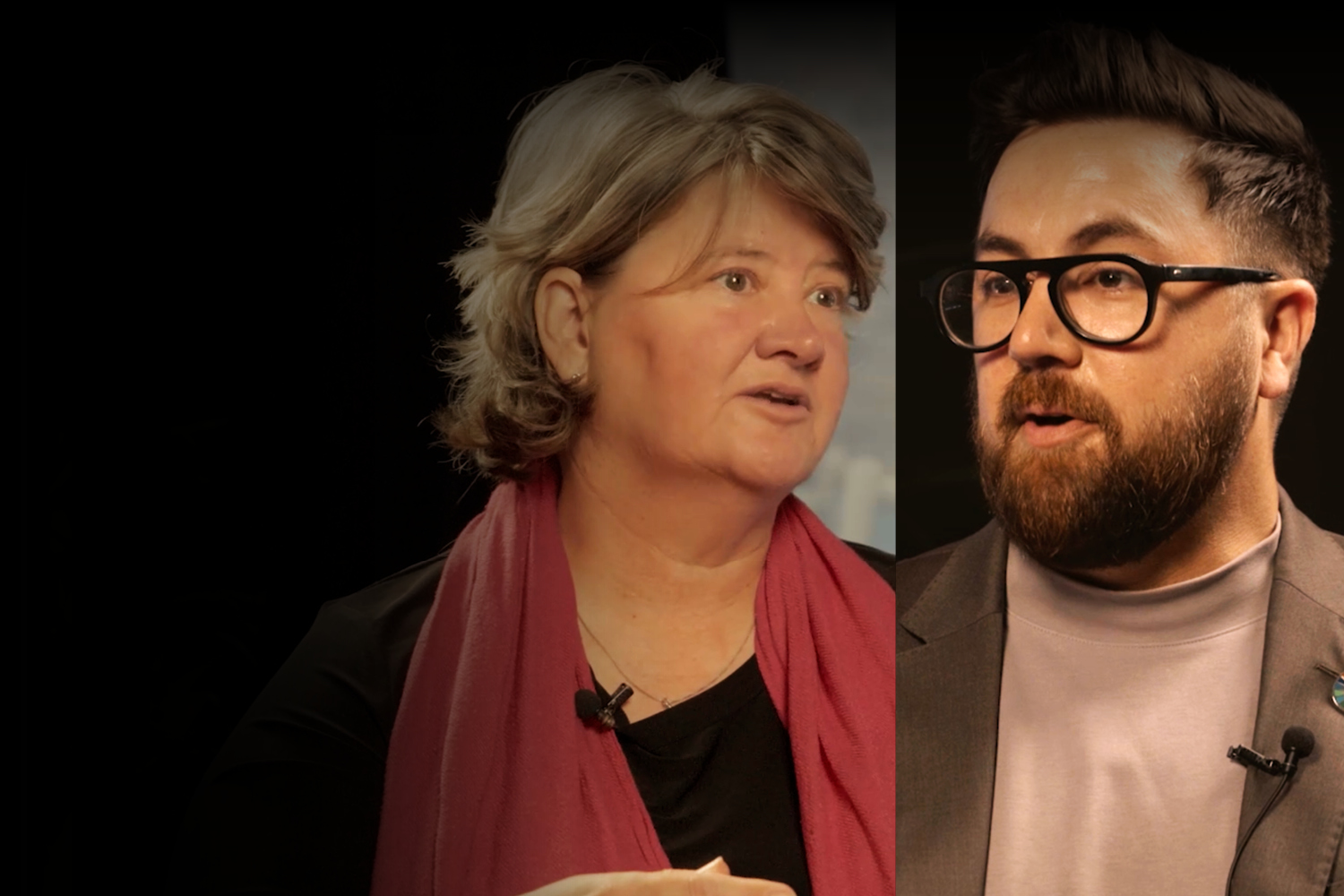The war in in the Ukraine, hard lockdowns, supply side shocks, rising inflation and central banks reacting by increasing interest rates are keeping fund managers on their toes and informing their investment decisions in 2022.
These impacting forces were highlighted by Marthinus van der Nest, head of Amplify Investment Partners, at Amplify’s recent Power Hour webinar.
Erik Nel, CIO of Terebinth Capital and co-manager of the Amplify SCI* Strategic Income Fund, said South Africa is a small open economy and a price taker on the global stage, “so the age-old saying of when America sneezes the rest of the world catches a cold does hold”.
He said South Africa needs an inclusive economy and a better and more employable labour force. It needs to get growth higher by investing in the economy, and growth needs to be at least about 3% for quite some time to start fixing the unemployment problem in a meaningful way.
While there are signs of green shoots on the reform agenda, load shedding and energy insecurity continue to loom large.
“In the absence of that reform happening, and while we talk about fiscal prudency, monetary policy tends to pick up the baton and be over-aggressive to counterbalance the lack of all those levers being pulled the way they should through the rest of the economy,” he says. The risk is that because of what’s happening elsewhere, that South Africa also tightens more than would be expected in normal conditions and that the central bank overtightens at the expense of growth.
Nel adds that rating agencies seem relatively confident that we don’t need to be downgraded further, and some of them have even removed the negative outlook.
Commenting on the rand, Nel says it will be driven by global elections (US mid-terms and China’s election), multiple central bank meetings, slowing global growth conditions and geopolitical tensions.
Locally, on the positive side, South Africa has natural resources that the world wants which Russia and Ukraine cannot provide, an open economy and developed financial markets, and the potential for rising fixed and foreign investment. “On the negative side, you have ANC elections and policy conference, Eskom and Transnet, and the risk of social unrest. You have electricity insecurity. You have labour issues.
“You have a rand that is way overtraded in a global context, so even if everything is fine in South Africa, the rand might be used to hedge global issues,” Nel says.
Locally, the South African Reserve Bank (SARB) is likely going to be forced to follow in the Fed’s footsteps and hike interest rates, given recent risks around food, fuel and foreign exchange. On the fiscal side, on balance, the recent tailwinds of positive terms of trade persist.
The rand is currently cheap, in his view, but will become expensive as it approaches 14.00 again in the absence of material reforms and the ANC becoming more market and economy friendly.
Abax Investments director Omri Thomas, who manages the Amplify SCI* Flexible Equity Fund, which is in the multi asset flexible category, said the investment environment has changed from one of accommodative monetary fiscal policy – which was growth-boosting and pro long duration assets – into one which is a lot more volatile and where increasing interest rates are having an impact on long duration assets. In this environment, it is important to try to get some asymmetric pay-off.
The fund aims to diligently catch two thirds of market upside and a third of the downside, so that over time, it beats the market at half the volatility. It does this by using various strategies including hedging, structured notes, convertible bonds, cash alternatives and asset allocation.
Typically, hedging some of the downside means giving away some of the upside. Currently the fund has 18 different structured notes on different assets with expiry dates that range from 2022 to 2027 and with a total weight of about 8% and an average yield to maturity on this basket of notes at the moment is 21%.
A successful convertible note has been the Royal Bafokeng convertible, where the coupon paid protects on the downside, while the fund benefited from growth in capital, and when Implats made an offer, Abax was able to switch its shares to Implats, making a further 12%. This provided one of the most meaningful returns in the history of the fund.
In cash alternatives, the fund looks for attractively-priced options and the benefits of some value unlocking transactions, such as PSG’s recent unbundling announcement.
Thomas said he only expected settlement of claims made by Steinhoff shareholders towards the end of the year or the first quarter of next year. While unsure of what the final settlement amount will be, the claim is currently valued at zero in the fund, and a rough estimate is that the claim could add 5% to performance.
Jonathan du Toit, who heads OysterCatcher Investments, which manages the Amplify SCI* Managed Equity Retail Hedge Fund and will be taking over the management of the Amplify SCI* Equity Fund, said markets are inefficient in the short term (less than five years), while in the longer term, markets are quite good at valuing assets.
However, that inefficiency in the short term is not obvious, and it can be difficult to exploit. But with experience, skill, hard work and a very disciplined investment process, it is possible to expertly identify those mispriced opportunities to generate alpha and beat benchmarks.
Du Toit said OysterCatcher’s investment philosophy and process includes: establishing intrinsic value, using a bottom up research methodology; comparing opportunities; using a proprietary momentum indicator to help size and time the entry and exit; sizing positions appropriately through a disciplined risk management process; and having exposure to many independent positions.
What drives the investment view is how good the company is, how good it is at converting its earnings into cash flows, and what its expected growth rate is, and what the business is worth. Comparing this to the current share price and factoring in the dividend yield, an internal rate of return is calculated.
Du Toit says valuation-based investment philosophies do work, but have one thing that holds them back, which is buying and selling shares too soon. OysterCatcher uses its own momentum indicator to intelligently size and time entry and exit on its positions.
Property stock Equites is an example of a stock that is generally operating in a niche and is founder managed, with a tail wind being logistic space required for ecommerce. The fund also switched a number of retailers which had done very well, into banks last year and favours ABSA, Standard Bank and Investec, particularly ABSA.
In line with the search for mispriced opportunities, he said the fund is underweight food producers and general merchandise and overweight insurance and miners.
*SCI – Sanlam Collective Investments











